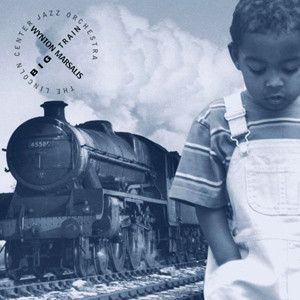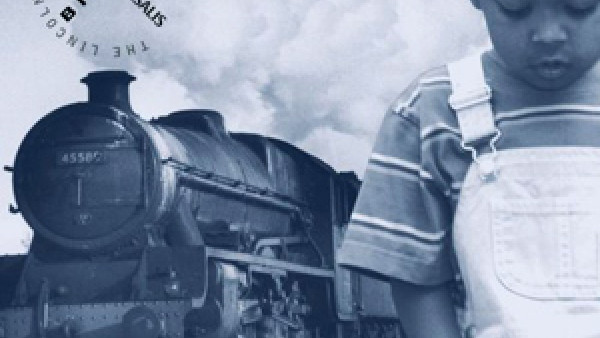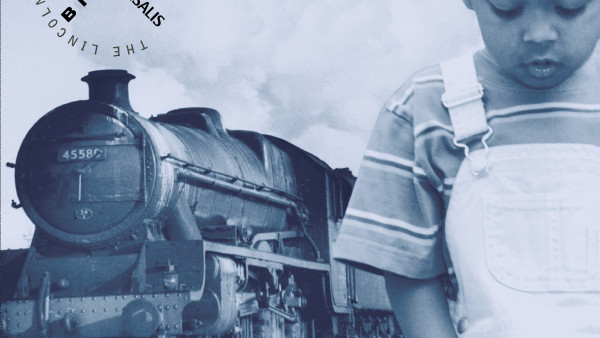Marsalis Swings Aboard His ‘Big Train’
Wynton Marsalis apparently wants to begin the New Year with a new slate. In the latter half of this year, no fewer than eight albums bearing the name of the Pulitzer Prize-winning trumpeter and composer will reach stores under the banner of “Swinging Into the 21st.”
In addition to tributes to Thelonious Monk, Jelly Roll Morton and France’s Marciac Jazz Festival, the series includes music from “A Fiddler’s Tale” and two ballets—“Sweet Release” and “Ghost Story”—that reflect Marsalis’s growing interest in classical composition and chamber settings. But none of these recordings is likely to please jazz fans quite as readily as “Big Train” (Sony/Columbia), which finds Marsalis and the Lincoln Center Jazz Orchestra riding the rails with more than a semblance of Ellingtonian verve and aplomb.
While Marsalis views this piece as a metaphor for “the integration of an individual into a group,” it’s not necessary to share that perspective to enjoy the trip. In fact, it may even get in the way of appreciating the suite’s sonic sweep, a soundtrack marked by chugging rhythms, whistle blasts, cruising speed tempos, open vistas, station stops and rousing last calls—in short, all the motion, commotion and romance implicit in rail travel.
Of course, Duke Ellington and Billy Strayhorn covered this ground long before Marsalis was born with such wonderfully evocative pieces as “Daybreak Express” and “Take The ‘A’ Train.” But Marsalis nevertheless succeeds on his own terms here, taking the listener on a clangorous cross-country trip orchestrated for brass, reeds and percussion.
Inspired by his 3-year-old son’s fascination with trains, Marsalis takes an almost whimsical delight in drawing from all the tones and textures that a big band is capable of producing. As a result, there’s plenty of room for soloists to leave their mark and for the entire ensemble to forge alternately subdued, propulsive and rambunctious passages.
Beginning with “All Aboard,” the album unfolds in 12 stages, each conjuring a distinctive aspect of the journey. The scoring for the brass section throughout the work is particularly impressive, with a chorus of smeared, pinched and muted tones underscoring Marsalis’s affection for both the form and flavor of the blues. Yet “Big Train” was designed to cover a lot of musical ground. Its travels inspire old-fashioned New Orleans polyphony, lickety-split bebop solos, spacious flute-limned balladry, fiery Latin-tinged excursions and even the unmistakable twang of a banjo.
As the Lincoln Center Jazz Orchestra has demonstrated at home and on tour, its ranks are brimming with first-rate musicians. The lineup here includes such gifted players as trumpeters Ryan Kisor and Marcus Printup, trombonist Wycliffe Gordon and saxophonists Wessell Anderson, Victor Goines and Joe Temperley. Drummer Herlin Riley, however, deserves special credit for keeping “Big Train” on track by balancing a light, gliding touch with brash and surging rhythmic momentum.
by Mike Joyce
Source: The Washington Post



